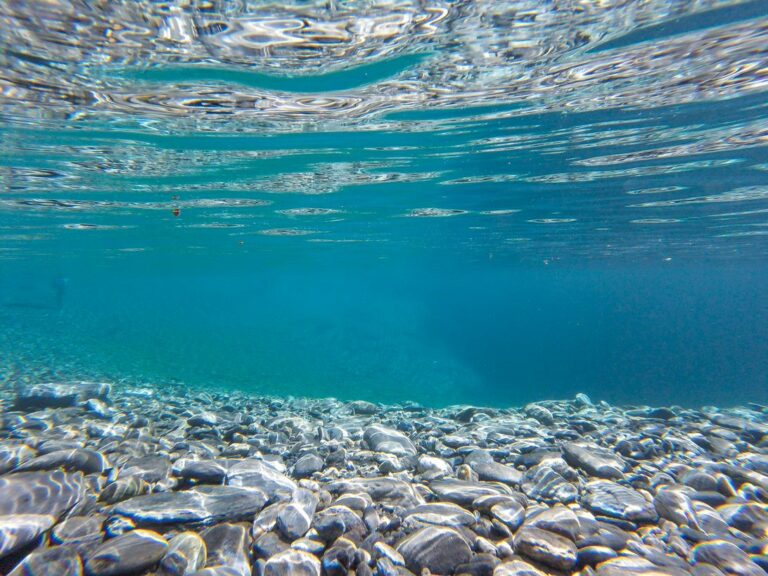Nourishing Blue Economy and Sharing Ocean Knowledge – Ocean information for sustainable development
Ten innovative EU projects to build ocean observation systems that provide input for evidence-based management of the ocean and the Blue Economy, have joined forces in the strong cluster ‘Nourishing Blue Economy and Sharing Ocean Knowledge’. Under the lead of the EuroSea project, the group published a joint policy brief listing recommendations for sustainable ocean observation and management. The cooperation is supported by the EU Horizon Results Booster and enables the group to achieve a higher societal impact. The policy brief will be presented to the European Commission on 15 October 2021.
The ocean covers 70% of the Earth’s surface and provides us with a diverse set of ecosystem services that we cannot live without or that significantly improve our quality of life. It is the primary controller of our climate, plays a critical role in providing the air we breathe and the fresh water we drink, supplies us with a large range of exploitable resources (from inorganic resources such as sand and minerals to biotic resources such as seafood), allows us to generate renewable energy, is an important pathway for world transport, an important source of income for tourism, etc.
The Organisation for Economic Cooperation and Development (OECD) evaluates the Blue Economy to currently represent 2.5% of the world economic value of goods and services produced, with the potential to further double in size by 2030 (seabed mining, shipping, fishing, tourism, renewable energy systems and aquaculture will intensify). However, the overall consequences of the intensification of human activities on marine ecosystems and their services (such as ocean warming, acidification, deoxygenation, sea level rise, changing distribution and abundance of fish etc.) are still poorly quantified. In addition, on larger geographic and temporal scales, marine data currently appear fragmented, are inhomogeneous, contain data gaps and are difficult to access. This limits our capacity to understand the ocean variability and sustainably manage the ocean and its resources.
Consequently, there is a need to develop a framework for more in-depth understanding of marine ecosystems, that links reliable, timely and fit-for-purpose ocean observations to the design and implementation of evidence-based decisions on the management of the ocean. To adequately serve governments, societies, the sustainable Blue Economy and citizens, ocean data need to be collected and delivered in line with the Value Chain of Ocean Information: 1) identification of required data; 2) deployment and maintenance of instruments that collect the data; 3) delivery of data and derived information products; and 4) impact assessment of services to end users.
To provide input to the possible future establishment of such a framework, ten innovative EU projects to build user-focused, interdisciplinary, responsive and sustained ocean information systems and increase the sustainability of the Blue Economy, joined forces in a strong cluster to better address key global marine challenges. Under the lead of the EuroSea project, the group translated its common concerns to recommendations and listed these in the joint policy brief ‘Nourishing Blue Economy and Sharing Ocean Knowledge. Ocean Information for Sustainable Management.’. Following up on these recommendations will strengthen the entire Value Chain of Ocean Information and ensure sound sustainable ocean management. In this way, the 10 projects jointly strive to achieve goals set out in the EU Green Deal, the Paris Agreement (United Nations Framework Convention on Climate Change) and the United Nations 2021-2030 Decade of Ocean Science for Sustainable Ocean Development. Toste Tanhua (GEOMAR), EuroSea coordinator: “It was great to collaborate with these other innovative projects and make joint recommendations based on different perspectives and expertise.”
Check out the original article and the publication HERE

